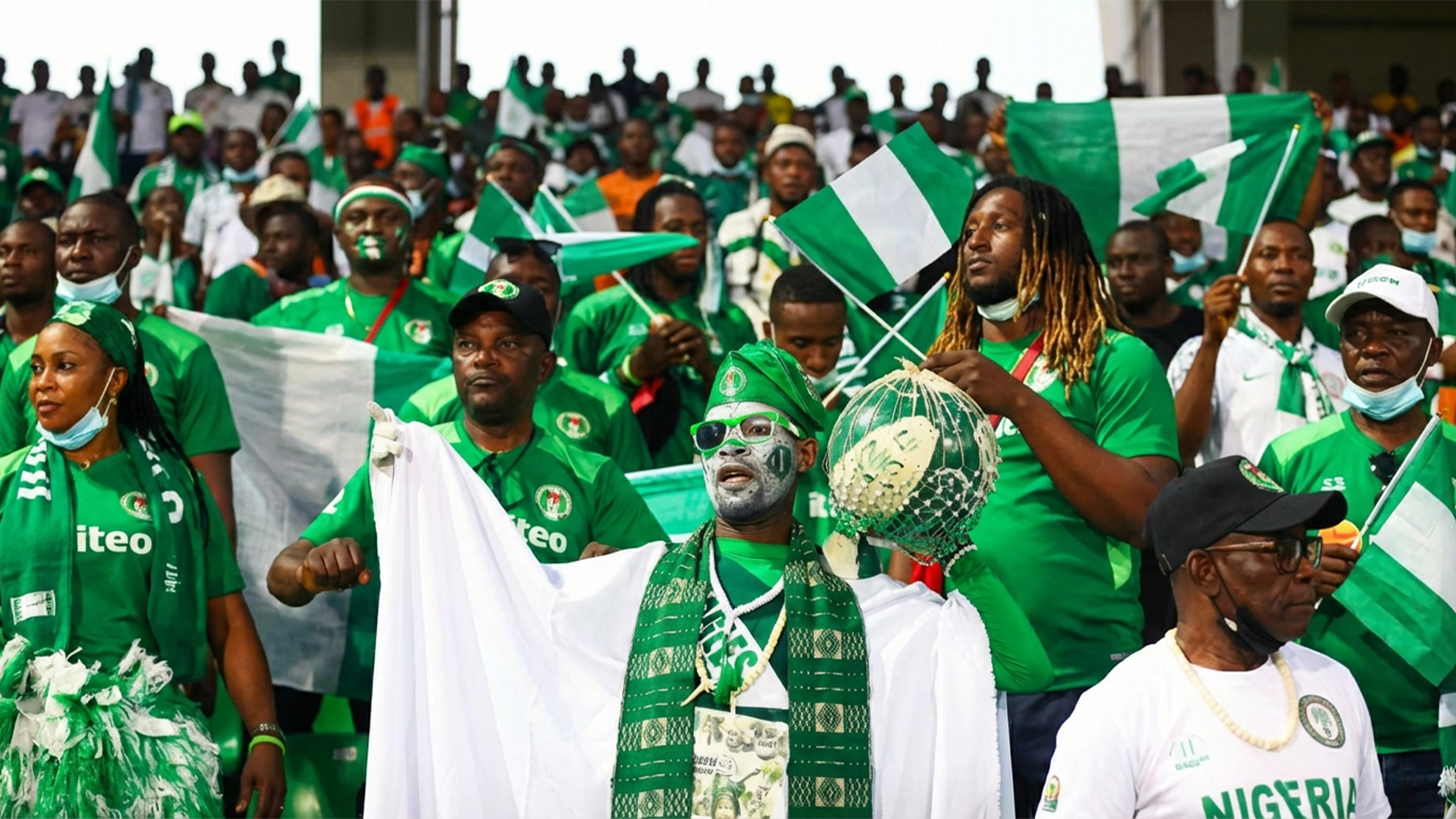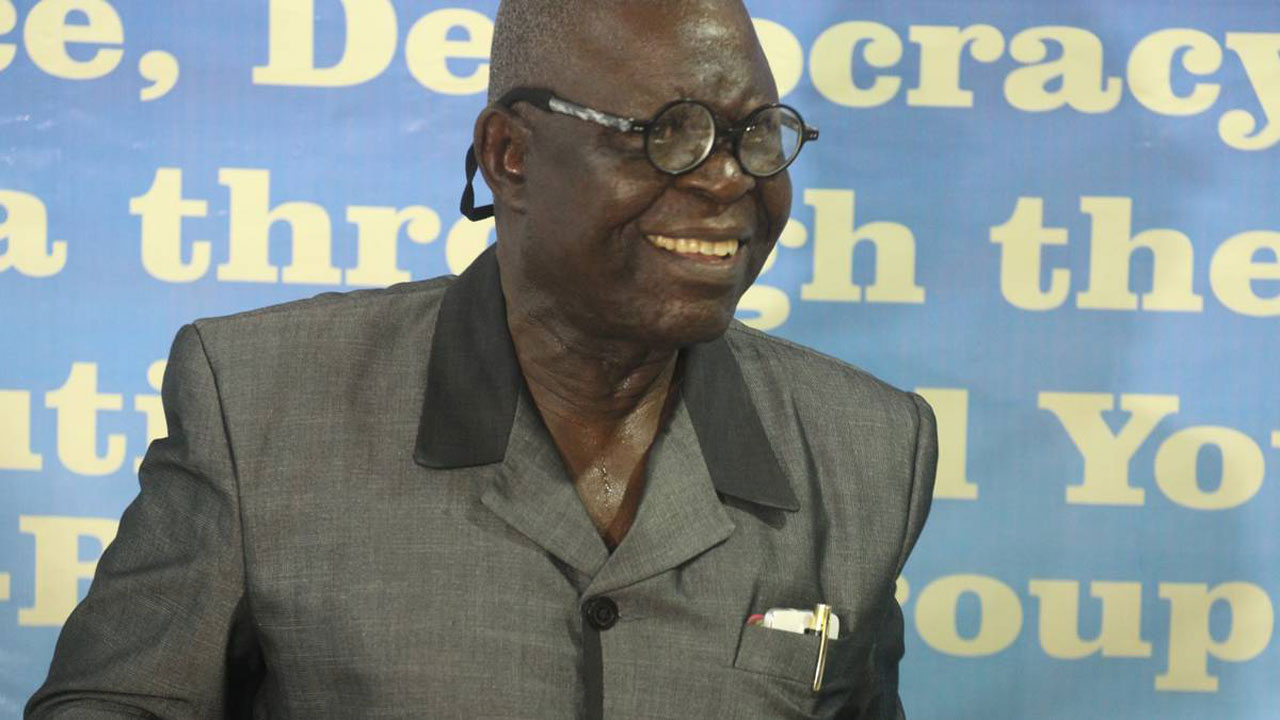
The headline simply could not be ignored. It was intriguing and it screamed: “Pope Francis in Easter Vigil baptizes Nigerian immigrant called hero.” Wanting to find out more about this fellow countryman with such an unusual name, I clicked on the title of the article. It was the story of Pope Francis baptizing eight adults during the 2018 Easter Vigil, among whom was – to use the phrase of the Associated Press – ‘a Nigerian beggar’ who disarmed an Italian supermarket robber with his bare hands, and consequently, has been hailed as a hero in Italy.
According to the story, John Ogah was begging outside a supermarket in Rome when he witnessed a robbery incident by a masked Italian thief armed with a meat cleaver. Ogah, we were told, was able to disarm the robber with his bare hands, and held him down until the arrival of the police, thereby preventing him from getting away on his motorcycle. Being an illegal immigrant who could not legally work in Italy, and was hence reduced to begging in order to survive, he was granted legal residency because of this act of bravery. At least, this is the version of the story told by the Associated Press.
For some reason, though, the noun ‘beggar’ used in reference to John Ogah irked me for days. The swift transition from being a ‘Nigerian immigrant’ to becoming a ‘Nigerian beggar’ was just too bitter a pill to swallow. The former is clothed with some dignity and decorum, but the latter stands naked and exposed with every shred of his dignity torn to pieces. It brought to mind some very unpleasant experiences during a recent pilgrimage to Italy where I was privileged to serve as a Chaplain to a group of pilgrims from the United States.
In many of the numerous pilgrimage sites we visited were to be found groups of young Nigerians – mostly young men and apparently able-bodied — standing with hat in hand begging. This was a frequent sight from Orvieto through Assisi to Rome.
One knows that they are Nigerians because of the distinct Nigerian Pidgin English with which they conversed with one another. A few could also be heard exchanging words in Igbo and in a number of other Nigerian languages.
Being one of the few Africans in a group of largely Caucasian pilgrims, I could not but be embarrassed by what I was witnessing in city after city, piazza after piazza. It was absolutely horrendous.
Never have I been more outraged by the poor quality of leadership in our country that has reduced our young people to such levels of desperation and despair.
To think that begging in a foreign country, where you do not even understand the language, is considered to be a better option than remaining in your own and doing something meaningful, must count as one of the most heart-wrenching acts of human desperation imaginable. That people should feel compelled to emigrate in search of greener pastures, only to be confronted with scorched patches of rough earth, must be worse than grim. It is the same desperation that has led many of our young women into prostitution in Italy and in other European countries.
One cannot even begin to imagine the horrific abuse and egregious exploitation to which they are subject. They are routinely murdered and mutilated and one hardly reads that in the news. It is a cruel and miserable life. My heart bled for these young men and women who have been reduced to the indignity of these forms of existence.
Does this sorry state of affairs bother our leaders? Does it outrage them that young people from Nigeria frequently drown in the Mediterranean in the bid to cross over to Europe? Does it matter to them that young Nigerian men and women are not infrequently murdered in Italy and in other European countries where they had gone in search of a better life? It is often the case in Africa that our leaders seem to have only one goal in mind while in office, namely, to accumulate as much wealth as possible for family members and succeeding generations.
They neither pay much attention to the development of the much-needed infrastructure that would enable individuals to be self-employed nor do they provide the enabling environment for the private sector to create jobs. To say that this is deplorable runs the risk of counting as the understatement of the year. Nonetheless, Nigerian young people remain among the most dynamic, exuberant, industrious, resilient, innovative and multi-talented on the face of the earth.
Nollywood, the music industry and the burgeoning computer village in Lagos, to mention only a few areas, bear ample testimony to this reality.
I shudder when I consider that the story of John Ogah could have gone the other way and Ogah simply have been murdered. If this had been the case which Heaven forbid, I wonder whether the story would even have been reported. After all, it would neither be the first time that an immigrant had been murdered in cold blood, nor sadly, would it be the last.
We need our young people to become true heroes and to actualise their God-given potential. We do not need them to be beggars and prostitutes whether at home or abroad. The government and the Church should lead in this endeavour.
Fr. Amadi serves as Catholic priest in Diocese of Green Bay, Wisconsin.
[ad unit=2]






